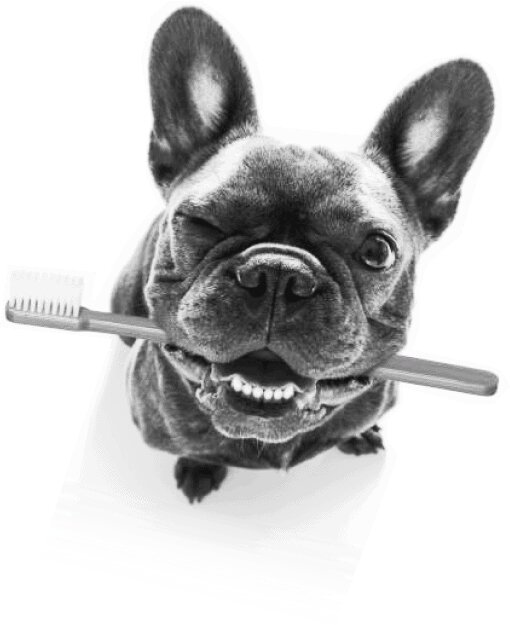The War
Plaque can be a silent and deadly killer of teeth. By the time you feel anything, the damage is already done.
It could mean you require a filling, root canal treatment, a crown, or worse case scenario loss of teeth.
Controlling plaque and its effects should be done on a daily basis through a few basic steps. Brushing and some sort of cleaning in between the teeth, such as flossing or interdental brushes. The better you manage plaque, the healthier your teeth and gums will be. The longer it remains, the more damage it will do.
Think of plaque like rust, if it stays on the teeth and gums long enough, it will essentially eat away at your teeth and gums. Here are some tips to help take better care of your teeth and gums.
- Brush twice a day with a soft toothbrush.
- Be gentle when brushing — applying too much pressure will cause damage long term to your teeth and gums.
- Brushing too hard can cause abrasion on your teeth, wearing away the outer surface (enamel).
- It can also cause receding gums (meaning your gums slowly move down the roots of your teeth).
- Soft toothbrushes are the best for long term care of your teeth and gums.
- Plaque is soft and easily removed by a toothbrush, if you’re brushing twice a day.
- As long as your bristles are touching your teeth and/or gums, that’s all the pressure you need.
- Try to be mindful when brushing your teeth, rather than “drifting off” or getting distracted.
Flossing
- Floss or use an interdental brush once a day.
- You need to clean in-between the teeth, as these are areas your toothbrush alone cannot reach.
- Ideally this should be done daily, to prevent fillings between the teeth or gum disease.
- The longer plaque remains between the teeth, the more damage it can do to your gums and bone.
- If left too long, plaque buildup can result in teeth needing to be removed, or coming out on their own.
- Signs of gum disease include red, puffy or inflamed gums, and some bleeding with brushing or flossing.
- If you do see blood, it means infection is present and you should schedule a checkup as soon as possible.
Please do
Remember, brush twice a day with a soft brush and floss or use an interdental brush once a day.
Visiting your dentist once a year and a hygienist regularly for checks and maintenance will help keep everything as healthy as possible.
Win the small battles and you’ll win the war with a little help.


